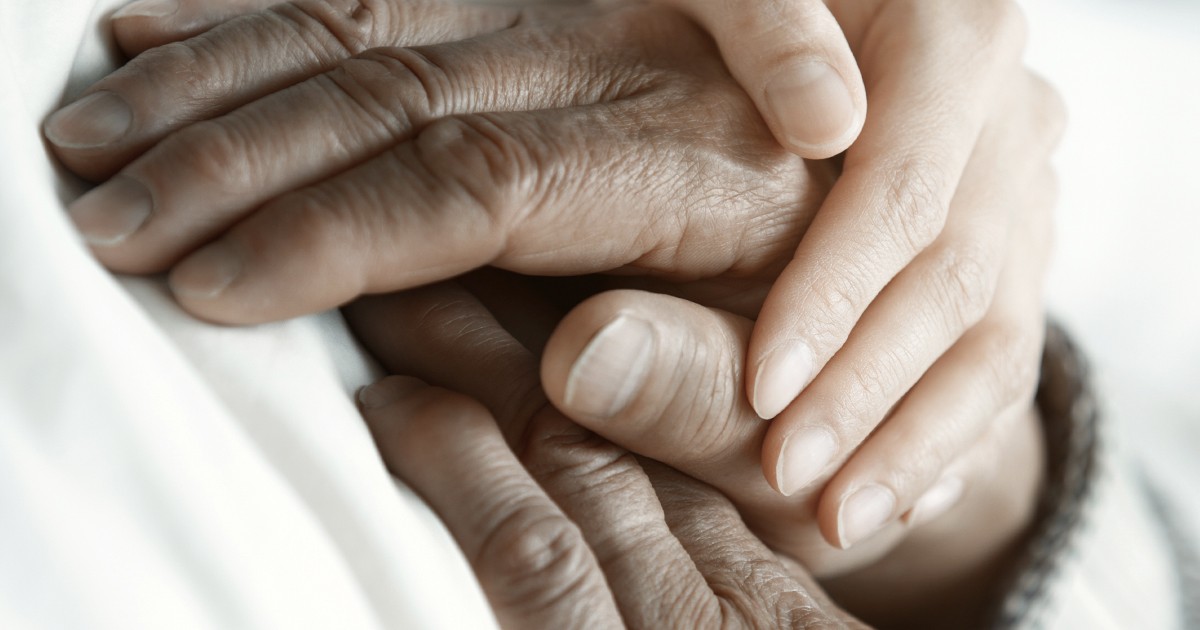
By Karen Pedersen Travis
I wake, falling into a strange routine that has somehow become normal. Let the dogs
out, shower, check email, drive to the care facility where Dad lay dying.
I grab some papers from my desk. When standing vigil, it’s good to have things to read.
Half-listening to the news on the radio, I make mental notes as I drive. The hospice nurse said it could happen at any time. I should call my brothers again, to make sure they visit. Why did my stepmother fly to Arizona this week instead of being here?
I let myself in, finding the shell of my father in bed, as he’d been the night before. Mouth agape. Eyes half open. The sponge-on-a-stick waiting in a fresh glass of water for passersby to soothe his dry lips.
I pull up a chair, take his hand and sit quietly for a while, but I get antsy. I tell him again that it’s okay to go. We’ll be fine. I take out the papers I brought from home, and I read the eulogy I’ve been working on for months—starting with something he used to tell us in difficult times.
“It’s never so bad that it can’t get worse,” I quote, imagining him chuckling. I choke on the words. Dad can no longer speak. A single tear rolls down his cheek.
After a few hours, I tell the caregivers I need a break. I’ll be back shortly.
Twenty minutes later, I get a text from my brother: “Dad’s gone. I was here.” I drive to be at his bedside in a blur, the sense of loss catching me somehow completely unprepared. Even after all the years of decline. Even knowing Parkinson’s disease would rob us of valuable time.
Looking back, I remember the hours spent at his bedside. I tell myself I should’ve been the one to be there. And I realize, for those we love, nothing we can do will ever be enough.